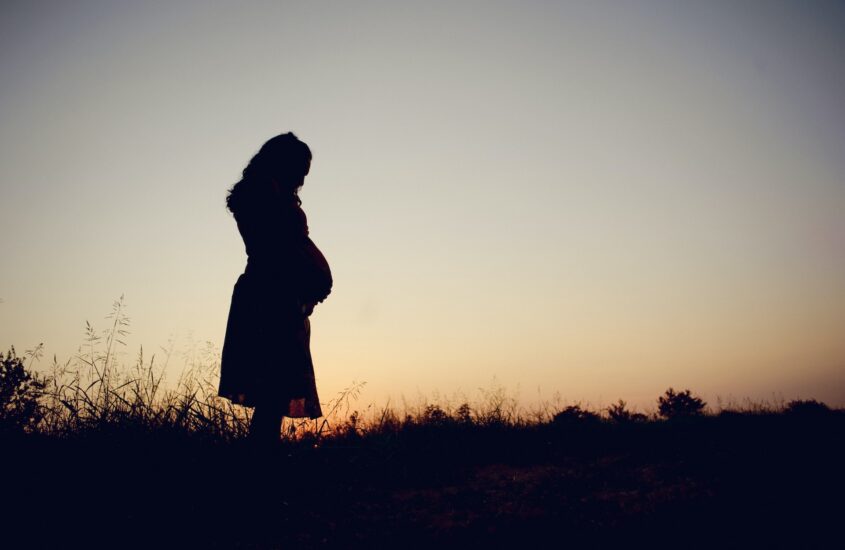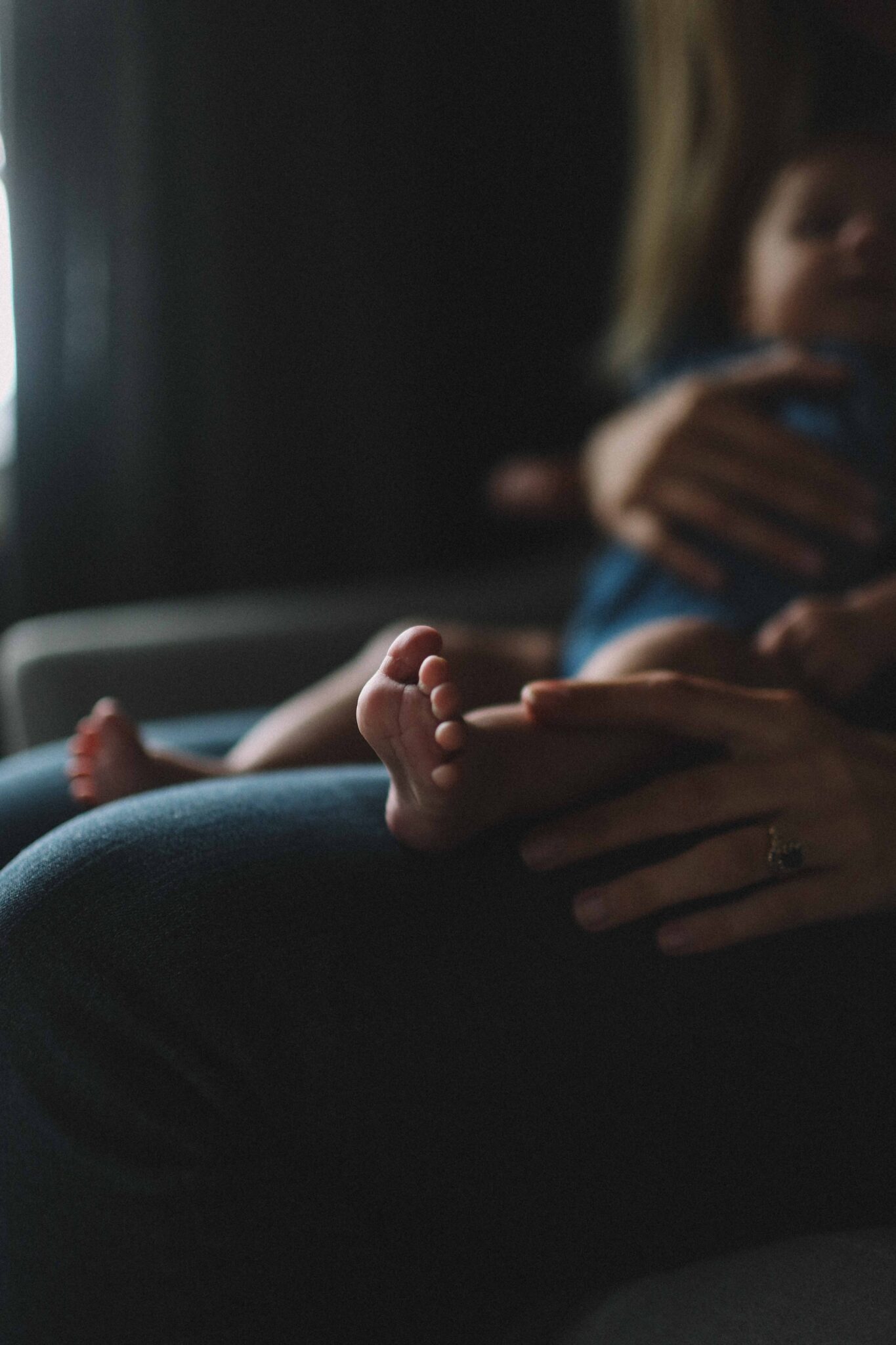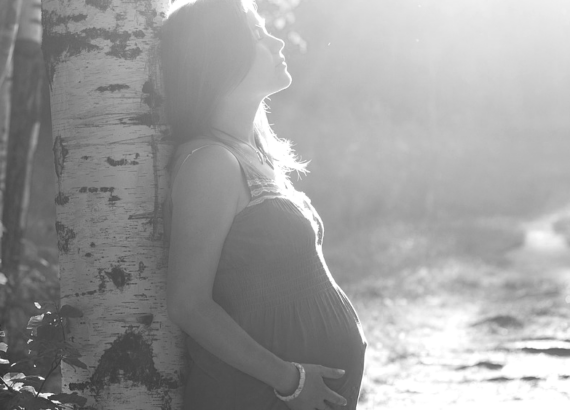Where Does Postpartum Depression Come From?

Motherhood is a sacred piece of the human puzzle. Many of us are taught from a young age that having children is our purpose, that motherhood is joy, and that there’s nothing more fulfilling than holding a newborn baby to your breast. This aspect of our lives is brought into focus at puberty and stays with us as we grow.
While pregnancy is often presented with a rose-colored veneer, the reality is complex. Difficulty with conception, miscarriages, and complications during labor—in many cultures and families, discussing these hardships is taboo. When they happen to us, it challenges our identity as women. Similarly, we may not even be aware of the risks posed by postpartum depression.
In this article, we’ll explore some of the more common causes of postpartum depression.
Changes in Hormones
We like to believe that our mood is something that we can control. Getting through a rough day is a matter of gritting our teeth and pushing through it. In reality, male or female, our emotional state is closely tied to our hormones.
During pregnancy, our bodies produce high amounts of estrogen and progesterone. The famous pregnancy glow, changes in the softness of skin and breast tissue, and fluctuations in mood are all very much a product of these sex hormones. After giving birth, the production of those hormones drops dramatically, and we may experience something like withdrawal.
Fatigue, depression, and anxiety are all common effects. We expect to feel better after childbirth, but some women experience a post-pregnancy hormone crash that lasts weeks or months.

Physical & Emotional Exhaustion
We’re taught that childbirth is the reward for the suffering of pregnancy—that we’ll hold our baby in our arms, and it will be worth it. For many, the moment is bittersweet. While childbirth is the end of the ordeal of pregnancy, it’s also the start of parenthood. We’re closing one chapter of our lives and beginning a new one.
As a result, it’s common for mothers to experience feelings of grief, sorrow, and even guilt in the days and weeks after their children are born. This is a perfectly natural process. Grief is how we process change—but as women, we’re often pressured to suppress those feelings or push them down in service to the idea of motherhood as perfect joy.
Suppressing those feelings can cause them to linger. It’s important to let them breathe.
Genetics & Family History
Several studies have shown that one of the biggest risk factors for postpartum depression is family history. Again, this is not in any way a fault or personal failing—it’s simply part of the human landscape.
Additional Risk Factors
In addition to family history, complications during childbirth, and hormonal changes, there are a wide variety of other factors which may increase the risk of postpartum depression:
- Job loss\financial uncertainty
- History of bipolar disorder or depression
- Health complications for the mother
- Health complications for the baby
- Multiples (twins, triplets, etc.)
- Issues with breastfeeding
- Social isolation\lack of support
- Sexual trauma
- Unplanned pregnancy

Critically, postpartum depression is not something that a new mother can control. It can happen after any delivery. It’s not a personal failing or cause for shame—and it isn’t something that any mother should have to deal with on their own. If you’re experiencing persistent feelings of sadness, hopelessness, anxiety, or depression after childbirth, it’s important to reach out for help.
Schedule a Consultation
If you’re experiencing postpartum depression, it’s important for you to find a safe place where you can express your thoughts and feelings. Many new mothers with postpartum feel angry, guilty, and ashamed because of it—and without an outlet, those feelings can boil over into rage and despair. You don’t have to bottle up your feelings and push through this alone. Reach out today to schedule a consultation so we can work through this together.





